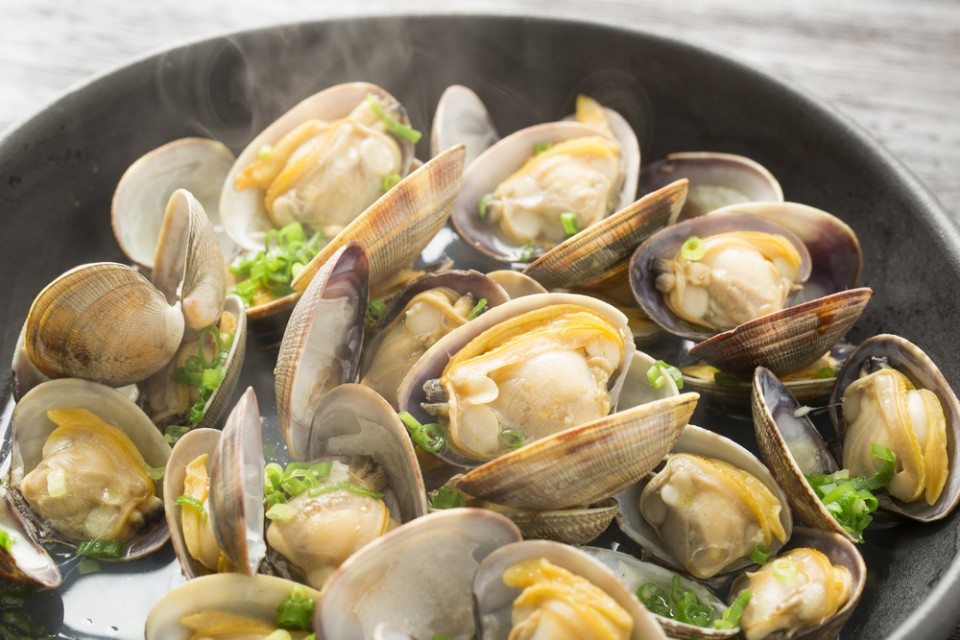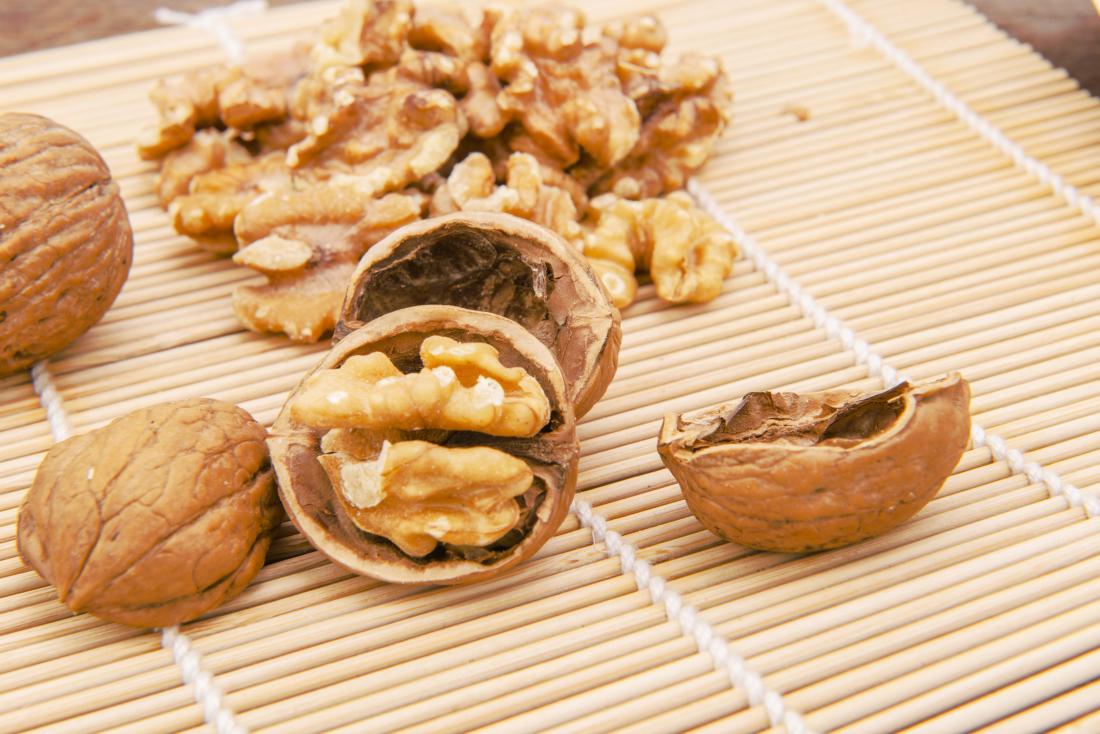Many people believe that bone broth is the most effective food to supplement calcium for children and the elderly. Does bone broth actually contain as much calcium as many people think?
Sharing about this issue, Professor Tran from the Nutrition Department of Ton Trung Son University, China conducted a related experiment. Accordingly, he pointed out that in 100ml of bone broth, there is only 2mg of calcium.
This shows that bone broth does not contain as much calcium as many people think. In particular, calcium is very difficult to dissolve in water, and the body has difficulty absorbing it, so the effectiveness of supplementation is very low.
5 foods that are richer in calcium than bone broth
1. Seafood
Seafood such as shrimp, crab, fish, and shellfish contain a lot of calcium. In 100g of seafood, there is up to 1200mg of calcium, at least 500mg of calcium, many times more than bone broth.

Furthermore, the calcium in seafood is easily absorbed by the human body, making calcium supplementation more effective.
Seafood contains a relatively low amount of fat but is rich in protein and diverse vitamins, promoting the effective functioning of many organs and enhancing immunity.
2. Soybean products

Soybean products including milk, tofu, soy milk… are all rich in high-quality calcium and protein. Compared to other foods, soybean products are cheap and easily available. Therefore, it is one of many optimal choices when wanting to supplement calcium.
3. Nuts
Cashews, almonds, peanuts, hazelnuts… are all delicious nuts that are considered good light foods for health.

These nuts are also very rich in nutrients, for example, cashews contain many beneficial compounds for brain development. Most types of nuts are rich in calcium, so if the body lacks calcium, you can eat them in moderate amounts every day.
4. Dairy products
Yogurt, nut milk, cow’s milk… are all rich in nutrients and easily absorbed by the body. Drinking milk moderately can supplement protein, calcium, and essential trace elements needed for the body.

If teenagers and the elderly want to supplement calcium, it is best to drink at least 1 glass of milk every day. This can help prevent calcium deficiency in the body.
5. Dark green leafy vegetables
Dark green vegetables such as kale, spinach… contain a high amount of calcium, with 100g containing 100mg of calcium.







































